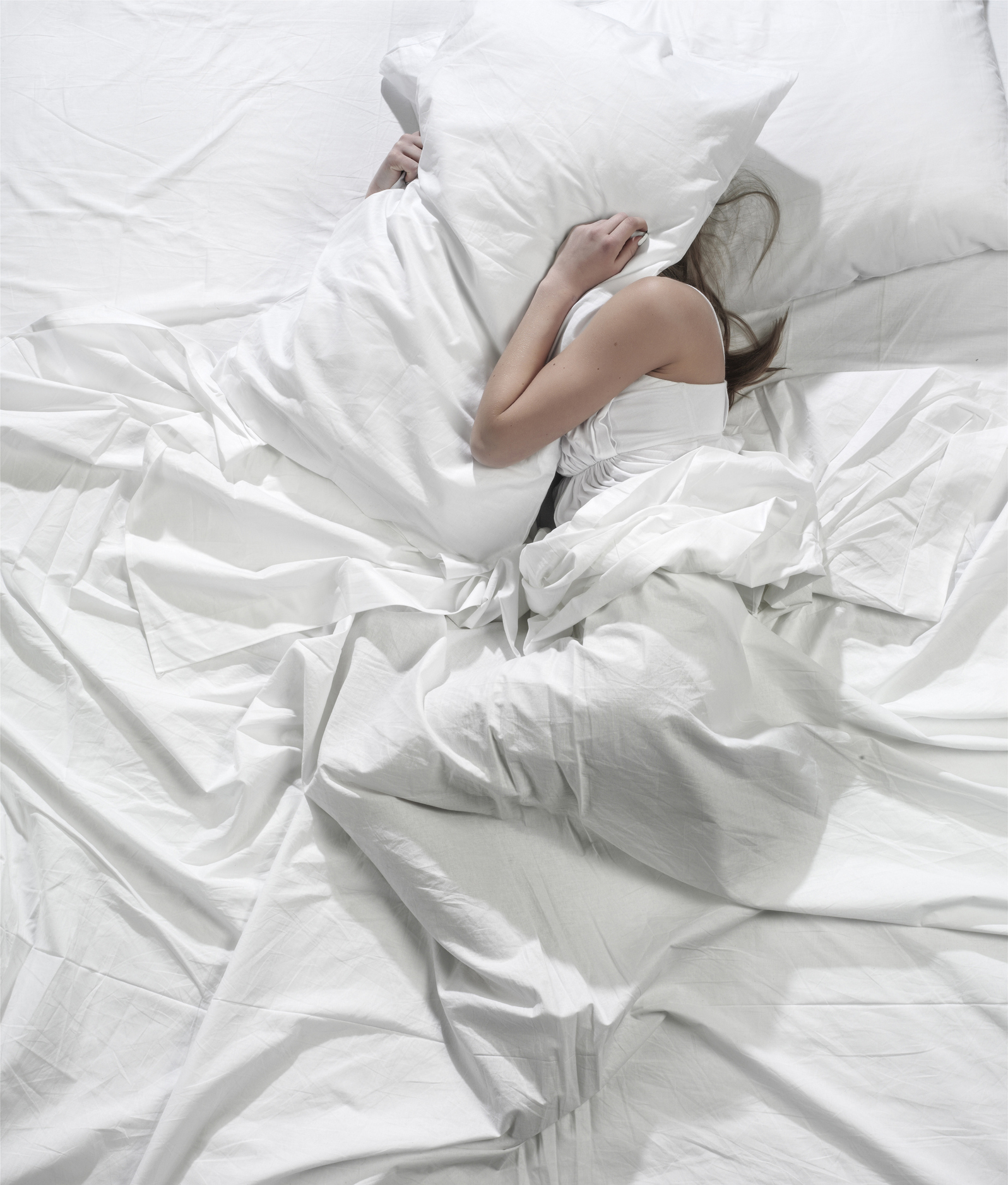Medically Speaking, There’s Such a Thing as Sleeping Too Much

Credit to Author: Julia Ries| Date: Wed, 11 Dec 2019 23:30:15 +0000
We know that chronic sleep deprivation can mess with our health, but researchers are uncovering that too much sleep can be a big problem, too. New research published in the journal Neurology on Wednesday found that sleeping and napping excessively is associated with a higher risk of stroke. The study discovered that those who regularly slept more than nine hours a night and took long midday naps were linked to an 85 percent greater chance of having a stroke, compared to moderate sleepers.
Researchers studied 31,750 people in China over six years who didn’t have any history of stroke or heart issues, and the study was controlled for for high blood pressure, diabetes, and smoking (all of which could potentially impact one’s risk of stroke). The team found that people who sleep over nine hours a night were associated with a 23 percent higher risk than those who slept around seven or eight hours. (This, it should be noted, was self-reported by the participants, so these numbers may not be totally precise.) For those who slept over nine hours and napped over 90 minutes a day, that associated risk jumped to 85 percent. The association between sleep duration and stroke risk gets even more pronounced as we age, or develop a condition like hypertension, hyperlipidemia, diabetes, and obesity. “It is plausible to suppose that these traditional cardiovascular risk factors may amplify the detrimental effect of long sleep duration or napping on stroke incidence,” the researchers stated in the study. (Side note: Younger people generally sleep less than older people, in part because they simply have less time to do so due to work and social obligations, according to the researchers.)
Poorer sleep quality was also linked to a higher stroke risk: Those who reported subpar sleep quality were 29 percent more likely to have a stroke than sound sleepers. (Short sleep didn’t seem to have any connection to stroke, per this study.)
The problem, it seems, doesn’t have to do with sleep itself, but rather with the sedentary lifestyle—and higher cholesterol—long sleepers tend to have. (Aside from spending more time in bed, too much sleep can cause even more tiredness and exhaustion, trapping people in a cycle of more sedentary behavior, according to past research.). There may also be some comorbidities or underlying illnesses at play. As the researchers put it, “Mechanisms underlying the association of long sleep duration and midday napping with incident stroke are not completely understood.” Sleep and naps aren't confirmed to cause strokes—although we can’t entirely rule that out yet, according to the researchers—but it's clear that people who sleep a lot do tend to be more at risk of having one. The vast majority of us don’t get the right amount of sleep each night, with some dipping below seven hours and others getting way more sleep than they actually need. For the sake of your heart, it’s best to approach sleep in moderation—even if hitting the snooze button is the best part of the day.
Sign up for our newsletter to get the best of VICE delivered to your inbox daily.
This article originally appeared on VICE US.